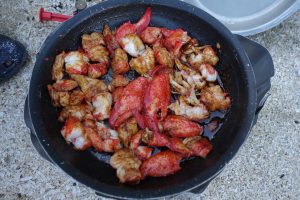 In Ian Hamilton’s crime series, Ava Lee is always eating interesting and descriptive food. In the book, The Wild Beasts of Wuhan, Ava Lee orders “sautéed languoustines with crab tortellini in a shellfish bisque as a starter, and pan-fried black bream with truffle mashed potatoes as her main.”
In Ian Hamilton’s crime series, Ava Lee is always eating interesting and descriptive food. In the book, The Wild Beasts of Wuhan, Ava Lee orders “sautéed languoustines with crab tortellini in a shellfish bisque as a starter, and pan-fried black bream with truffle mashed potatoes as her main.”
Later in the same book, Ava orders without hesitation: foie gras and black sea bass with oyster mushrooms.
What are languoustines?
I had to look it up: it’s also called “Norway Lobster”, a luxury seafood prized for its sweet meat. They’re crazy expensive because of their rarity. Bream is a fish. Ava Lee adores expensive luxury food. It tells the reader about her income and social status. It also makes me hungry.
Being specific about the food your characters are eating can bring richness and depth to your writing. It can help establish the setting, the historical period, and the culture of your characters. But it can do more.
Here is my nine course meal of how food can add flavour and spice to your novel:
Read more
 I like planning. I like being organized. I like being methodical, chronological, practical, predictable. It’s not in my DNA to wander the literary landscape without a map, without a plan. And yet this is exactly where I find myself after recently having completed my 13th novel (due for publication this December by Bella Books).
I like planning. I like being organized. I like being methodical, chronological, practical, predictable. It’s not in my DNA to wander the literary landscape without a map, without a plan. And yet this is exactly where I find myself after recently having completed my 13th novel (due for publication this December by Bella Books).
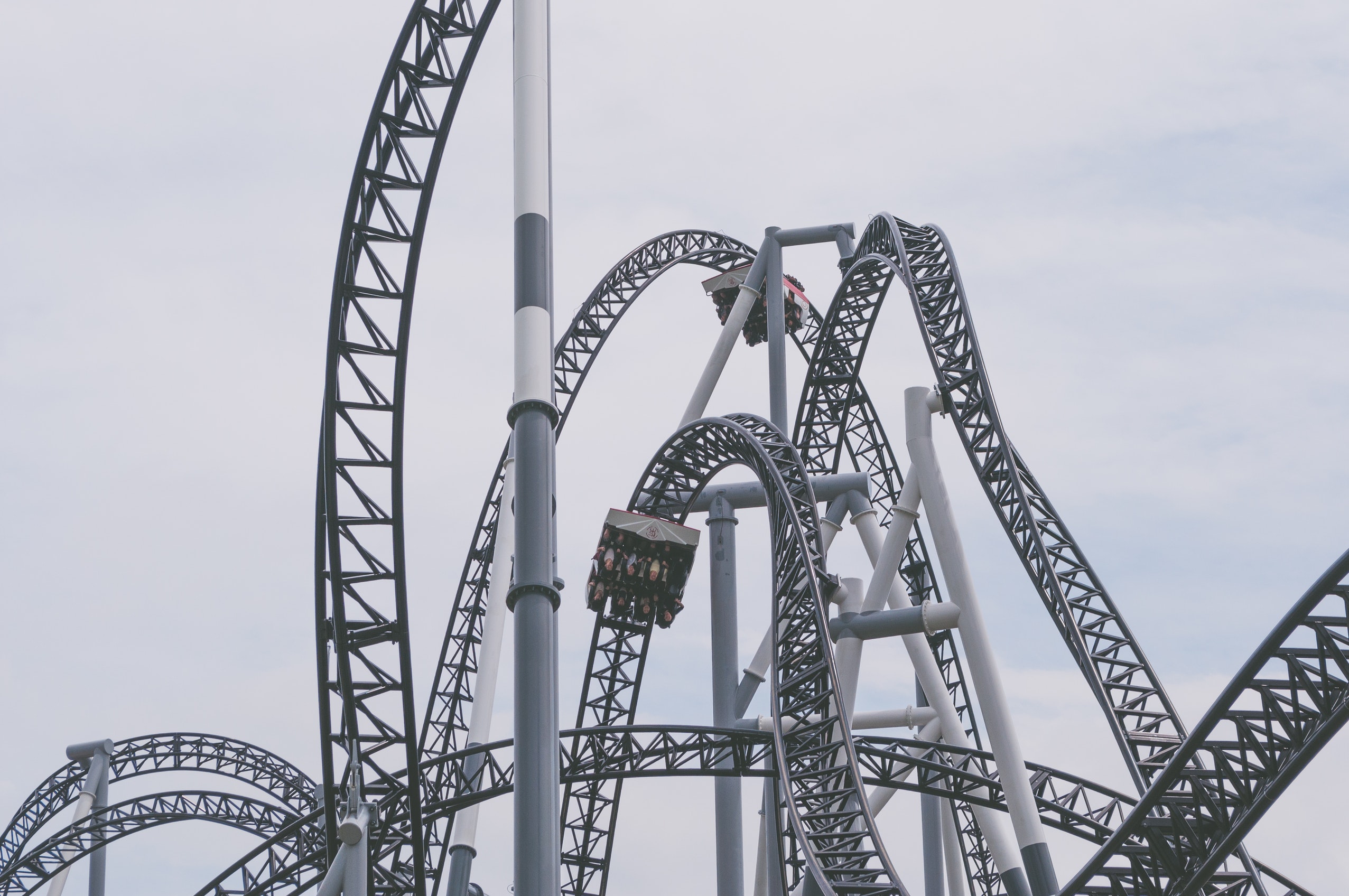

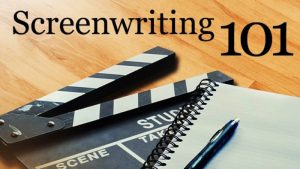

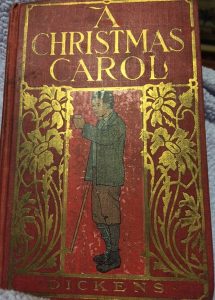
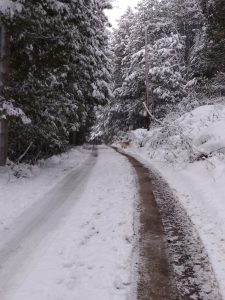 It’s the journey, not the destination—I keep reminding myself. And it’s a long journey, or at least I’m making it one. It was about a year ago that I decided to re-write the novel that I’d already written seven times. I was going back to scratch. I’d hoped it would take me three months, but now I’m hoping I’ll be done before the end of this year.
It’s the journey, not the destination—I keep reminding myself. And it’s a long journey, or at least I’m making it one. It was about a year ago that I decided to re-write the novel that I’d already written seven times. I was going back to scratch. I’d hoped it would take me three months, but now I’m hoping I’ll be done before the end of this year.
 The title of this blog was originally, ‘Deadlines be Dammed’, which sounds brash, but that isn’t what I needed to write.
The title of this blog was originally, ‘Deadlines be Dammed’, which sounds brash, but that isn’t what I needed to write. In Ian Hamilton’s crime series, Ava Lee is always eating interesting and descriptive food. In the book, The Wild Beasts of Wuhan, Ava Lee orders “sautéed languoustines with crab tortellini in a shellfish bisque as a starter, and pan-fried black bream with truffle mashed potatoes as her main.”
In Ian Hamilton’s crime series, Ava Lee is always eating interesting and descriptive food. In the book, The Wild Beasts of Wuhan, Ava Lee orders “sautéed languoustines with crab tortellini in a shellfish bisque as a starter, and pan-fried black bream with truffle mashed potatoes as her main.”